Description
Italian Courgette Bianca Di Trieste
Italian Courgette Bianca Di Trieste. Originating from Northern Italy this reliable performer and popular market variety. Produces a continuous crop of light green courgettes on vigorous bushy plants all summer. The fruits are creamy white with a luscious, rich, creamy taste and texture. Best to be pick up regulary around fat cigar size.
Cultivation Advice
- Choose well-draining, fertile soil enriched with organic matter. Prior to planting, amend the soil with compost or aged manure to improve fertility.
- Select a sunny location with soil temperatures consistently above 60°F (16°C). Plant seeds or seedlings with appropriate spacing, ensuring enough room for healthy growth.
- Maintain consistent soil moisture, especially during flowering and fruiting stages. Water deeply but infrequently to encourage strong root development.
- Apply mulch to retain moisture and suppress weed growth. Regularly remove weeds to reduce competition for nutrients.
- Use compost or balanced organic fertilizers during the growing season to provide essential nutrients for vigorous plant growth.
- Provide support structures like stakes or cages to prevent sprawling. Prune excessive foliage to improve airflow and light penetration.
- Monitor for pests and diseases regularly. Use organic pest control methods and introduce beneficial insects to manage pest populations.
- Harvest courgettes when they’re young and tender, typically around 4-6 inches (10-15 cm) in length, for best flavor. Regular harvesting promotes continuous fruiting.
- Consume harvested courgettes promptly for optimal taste. If storing, keep them in a cool, dry place or refrigerate for a few days in a perforated plastic bag.
- Ensure warm soil temperatures for optimal growth, as courgettes prefer soil around 70°F (21°C). Protect young plants from cold temperatures and frost.
- Assist in pollination by gently shaking the flowers or introducing pollinators like bees, especially if natural pollinators are scarce.
- Maintain even soil moisture throughout the growing season, especially during flowering and fruiting stages. Avoid overwatering, which can lead to waterlogged soil.
- Provide adequate support structures like trellises or stakes for the plants to grow vertically. This can save space and improve airflow around the plants.
- Consider planting companion plants like basil or marigolds to repel pests and attract beneficial insects that aid in pollination.
- Encourage good airflow around the plants to minimize the risk of diseases like powdery mildew. Prune excess foliage if needed to improve airflow.
- Utilize natural remedies like neem oil or insecticidal soap to deter pests. Implement physical barriers or netting to protect plants from pests.
- Continuously harvest mature courgettes to encourage new fruit production. Overgrown courgettes may hinder further flowering and fruiting.
- Regularly add compost or organic matter to the soil to replenish nutrients and maintain soil structure.
- Understand the growth habits and specific characteristics of Italian Courgette Bianca Di Trieste for proper cultivation and support.
- Ensure the plants receive adequate sunlight exposure, ideally 6-8 hours of direct sunlight daily, for healthy growth and fruit production.
- Conduct routine checks for signs of pests, diseases, or nutrient deficiencies. Early detection allows for timely intervention and prevention.
- Employ watering methods that target the root zone, such as drip irrigation or soaker hoses, to ensure efficient water delivery. Water in the morning to allow foliage to dry and reduce disease risks.
- Practice crop rotation to mitigate soil-borne diseases and maintain soil health. Avoid planting courgettes in the same area consecutively.
- Train the vines and remove excessive foliage to promote better airflow, which helps prevent diseases and encourages healthy growth.
- Cultivate flowers and herbs that attract beneficial insects like ladybugs or lacewings, which aid in controlling pests.
- Apply compost tea periodically to enrich the soil with nutrients and beneficial microorganisms.
- Regularly add mulch to retain soil moisture and suppress weed growth. Remove weeds to minimize competition for nutrients.
- Harvest courgettes regularly at their optimal size to encourage continuous fruit production. Overripe courgettes can reduce future yields.
- Consume harvested courgettes promptly for the best taste and texture. If storing, refrigerate them in a perforated plastic bag to maintain freshness.
- Allow some courgettes to fully mature on the vine if you plan to save seeds. Properly dry and store seeds in a cool, dry place for future planting.

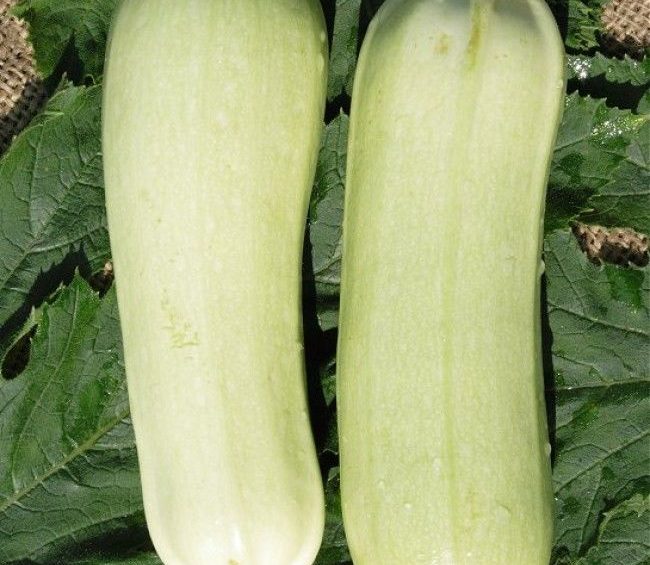
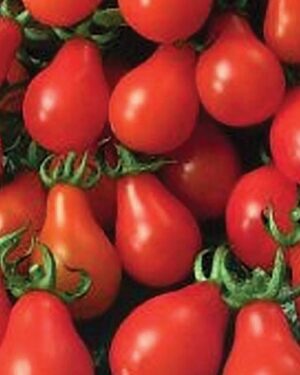
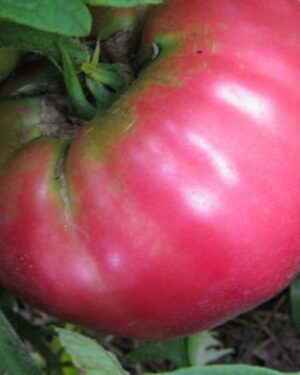
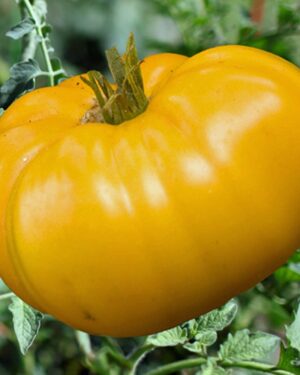
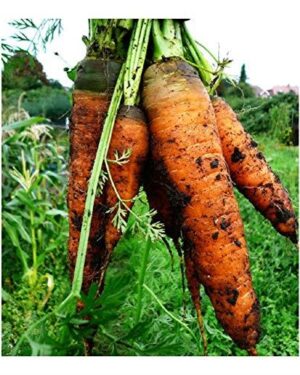
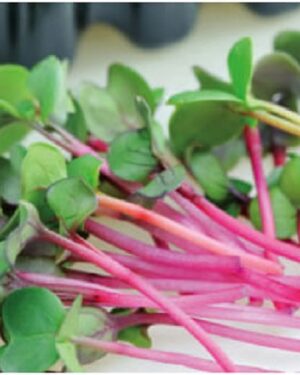

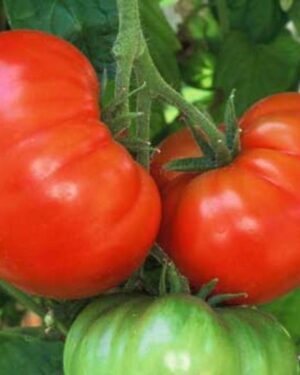
Reviews
There are no reviews yet.